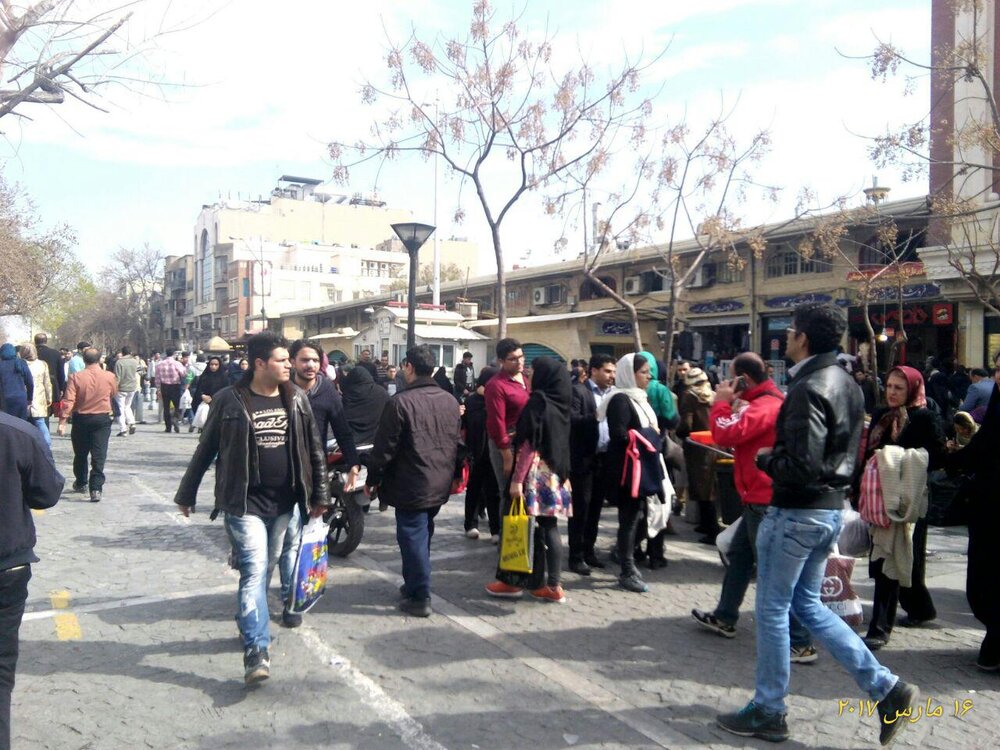The influence of manifestations of civilization on bedtime of Iranians and some other oriental countries

TEHRAN - For the first time, I left Iran in November 2004 to attend an international conference at UCL London. Although it was a three-day conference, the trip took two weeks to see the historic attractions of the two capitals of England and Scotland, London and Edinburgh and to gain useful experiences. One of the wonders of the land that caught my attention in those days was the closure of most shops and shopping centers at 7pm, and London was plunged into silence and darkness with all its glory.
Later in other cities in Europe and America, I witnessed this Western culture and tradition throughout the seasons. At first I thought, because Europe is cold, people are not used to sleeping in the afternoons, but with the 40 degree heat in California this mindset has also been corrected because chain stores from 7 and other malls sometimes open from 9am to 19pm Monday through Saturday. There are, of course, exceptions, such as restaurants, sports and leisure centers - which are open early in the week until 22:00 and are open late into the night. However, later in the life-span of many years, I came to realize that most people are elderly or ill who sleep in the afternoons, and it is very common for children to go to bed at 7 pm and adults at 10 pm.
Some of the merits of this culture may include:
1. Maintains physical and mental health and, in turn, brings freshness and vitality to the day, most importantly to the benefit of work and education.
2. Family members, especially parents, spend more time with their children and can focus on their education and play with them.
3. The community seems to be facing a decrease in traffic accidents and crime.
4. Other benefits include saving on electricity and other costs. For example, city buses run after 19:00 for longer hours to 1:00 am for some office staffs and factory workers and may skip to parties or weekends.
5. Parents who have children under the age of 18 or so in school are required by the Education Authority to enforce their children's sleep order.
6. It is customary for the parties to finally end by 9pm and get ready for sleep.
Now, what has happened that some eastern nations, and in particular the Iranians, after the arrival of the civilization manifestations, this Iranian and Islamic culture, left the ancestors in oblivion; while the Westerners themselves have maintained this culture from the distant past.
It was apparently just a hundred years ago that the Iranian Bazaars - usually roofed - had three main elements, a mosque, a seminary, and a public bath; they were beginning their activity:
At first, businessmen and merchants attended the Morning Prayer, followed by a mosque cleric preaching and addressing the Book of Makaseb (a book on business in Islam), familiarizing the audiences to the principles of commerce and to lawful and forbidden matters. Then the businessmen by the name of God open the shops and clean it and then eat breakfast. People gradually came to the Bazaar to buy their necessities, and the sellers were busy with business until the noon prayer.
Business people usually brought lunch from their home or dine at the Bazaar restaurant. They, too, continued their business constantly until the Maghrib or sunset prayer. After attending congregational prayer, they joined the family and had dinner and sometimes afterwards were going party or poetry sessions or recited the Quran and prayer. They finally fell asleep around 9 pm.
It is hoped that we will return to our ancestors' culture and tradition in this matter through rigorous, national planning and policy making.

Leave a Comment